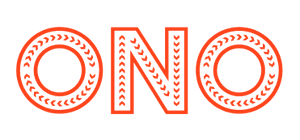
Māori
Māori is a term used to describe the Indigenous tribes or nations of Aotearoa (New Zealand) whose Polynesian ancestors migrated on huge ocean-going voyaging canoes hundreds of years ago from Hawaiiki.
Māori possess a rich and dynamic culture, one in which their daily lives were in constant communion with the spiritual world. Karakia (prayer), poetry, oratory and music was, and still is a vital part of the Māori society. Stories were recorded in the songs, carvings, weavings, paintings and crafts abundant in the community.
Māori sovereignty was challenged by the arrival of the first white man, Captain James Cook in 1769. Missionaries began a campaign to erode traditional notions of Māori spirituality. Wars over land and power were fought between Māori tribal nations, settlers and the British troops.
In 1840, an international agreement between sovereign nations was signed between Rangatira or chiefs (representing Māori) and Hobson (representing the British Queen). Te Tiriti o Waitangi followed an
1835 Declaration of Independence by the Northern United Confederation of Tribes.
Both He Wakaputanga o te Rangatiratanga o Nu Tireni and Te Tiriti o Waitangi reaffirmed Māori sovereignty.
The ongoing fight for justice continues
in the courts, parliament, on the streets and even at the United Nations today.
Moana & the Tribe sing about land and people power.
Their songs speak of a connection to Papatūānuku (Mother Earth),
the fight for Treaty justice, Māori language as a treasure,
and the relevance of Indigenous world views

Contact
sol@sol-de-sully.de
Contact Me | © 2024, Moana Maniapoto and Black Pearl Limited